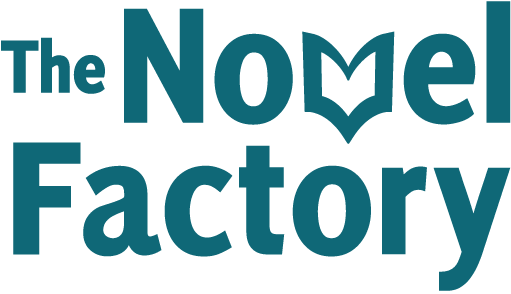
Self-Publishing Considerations
Over the past few decades the landscape of publishing has changed to almost be unrecognisable. The dawn of the digital age has made publishing more accessible than ever before, with print on demand, digital publishing and users being more vocal with online feedback and having shorter attention spans and reading periods.
In the past, self-publishing was considered a vanity pursuit, reserved for those who were simply not good enough to be accepted by professional agents and publishers.
Things have changed, and there are many success stories from the self-publishing world, some who have made millions and permanently cut out the middleman, others who have built up a following independently and then been snapped up by a big name publisher.
So, how can you decide if you should try the self-publishing route?
Advantages of self-publishing
Low barrier to entry
Although arguably even this is changing, the main reason people turn to self-publishing is still that they have been unsuccessful in pursuing the normal route and have had their manuscripts rejected by agents and publishers.
This is by far the biggest advantage to self-publishing; that anyone can do it (this is also its biggest disadvantage – see below).
Keep all the profits
If you keep full rights to your work, then you don’t have to hand over a large percentage to an agent. This could mean up to 20% more profit – however, you may still have to pay fees to distributors such as Amazon, and if you’re printing, there will be costs involved then.
Retain control of the work
An agent will have a market and trend in mind, and may insist you make changes to your work or how it’s presented in order to ride that wave. By self-publishing you only have to answer to yourself.
Disadvantages of self-publishing
Time spent marketing
By self-publishing, you don’t have to pay an agent, but it means you don’t get their services either. As well as being a foot in the door with online and offline bookshops, agents can provide marketing budget and links. Without this, you are a tiny fish in a massive pond and it’s going to be a very hard slog to get noticed.
Buried in the dross
Although self-publishing is gaining credence as a place where genuine quality work can be found, it’s still a long way from completely shaking off its reputation as being a landing place for amateurs. And that’s because the vast majority of work out there really isn’t good enough to be published, but there’s nobody vetting it. It’s going to be an extremely hard task to convince people that your novel really is a cut above.
Lack of pressure to improve
Having an agent can be a great motivator in making sure you’re always improving your craft, making each story better than the last and working to deadlines. An agent will not put up with sloppiness or laziness and that will translate into better work in the long run.
In summary
If you’re genuinely serious about being a novelist, then it’s probably worth beginning by pursuing the traditional route and trying to get an agent. If you’re good enough, then this should definitely be possible – even though it won’t be easy. Then, if you are successful, you can concentrate on your passion and leave the marketing and promotion work to the professionals.
However, if you genuinely have no luck or if you enjoy the promotional side of the job, then self-publishing is definitely an option to consider. Readers may enjoy your book, even if the agents did not (they have been known to be wrong).
